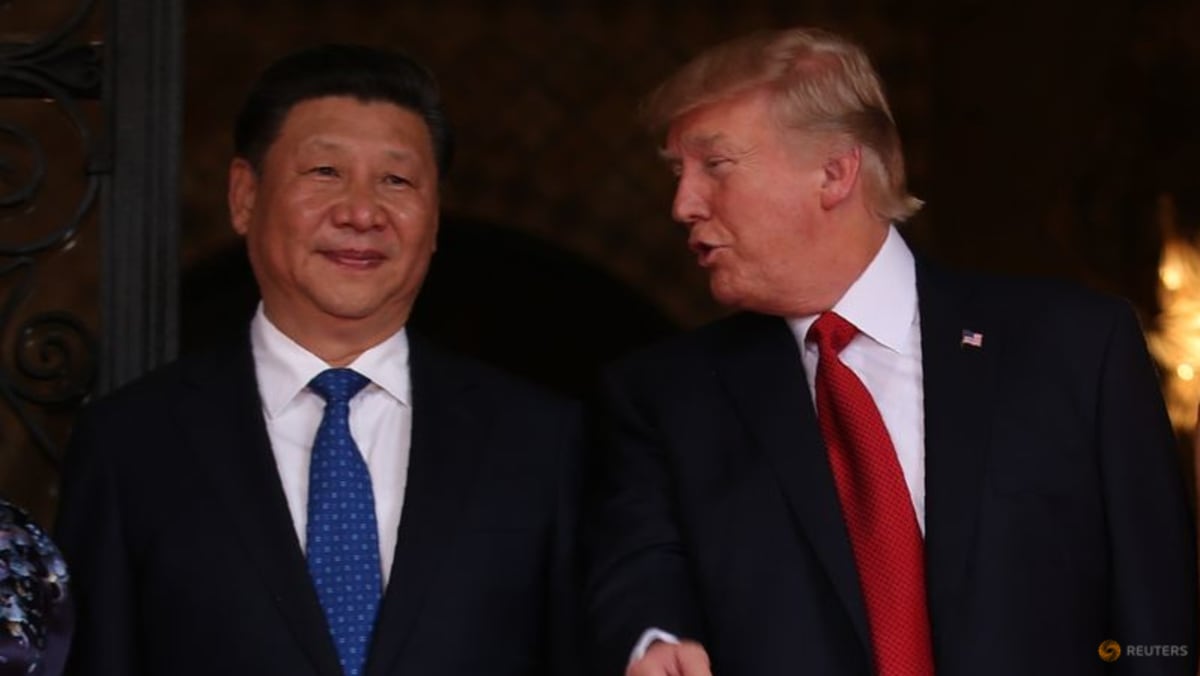As global trade faces unprecedented challenges, U.S. President Donald Trump and Chinese President Xi Jinping are gearing up for a crucial meeting during the APEC summit in South Korea, scheduled from October
Did You Know
The original name of Google was 'Backrub.'
?
AD
30 to November 1. This summit comes at a time when the two superpowers are embroiled in a longstanding economic conflict characterized by escalating tariffs that have disrupted international markets. The stakes are higher than ever for both nations, making this summit an essential platform for addressing their growing tensions.
In recent reports, Trump has indicated he might visit China before the summit, signaling a willingness to engage in direct diplomatic dialogue with Xi. This potential face-to-face interaction is seen as a unique opportunity to discuss pressing issues, including trade imbalances, which have strained U.S.-China relations in recent years. A meeting between the two leaders, either at the summit or beforehand, could pave the way for a breakthrough in negotiations, ultimately benefiting both nations and the global economy.
The significance of this meeting cannot be understated. With both countries facing domestic and international pressures, the outcomes of their encounters at APEC will influence not only their bilateral relations but also the economic landscape of the Asia-Pacific region and beyond. As expectations build, the eyes of the world will be fixed on Trump and Xi, waiting to see whether they can push past the barriers of discord and lay the groundwork for a more cooperative future.
Q&A (Auto-generated by AI)
What are the key issues in US-China relations?
Key issues in US-China relations include trade tensions, intellectual property theft, and security concerns in the South China Sea. The ongoing trade war, characterized by tariffs imposed by both countries, has significantly impacted global supply chains and economic stability. Additionally, human rights issues in Hong Kong and Xinjiang have further strained relations, with both nations often taking opposing stances on these matters.
How has trade policy evolved between the US and China?
US-China trade policy has evolved dramatically over the years, especially since the trade war began in 2018. Initially, tariffs were imposed on a range of goods to address trade imbalances and alleged unfair practices by China. Negotiations have seen phases of escalation and temporary pauses, with both countries attempting to reach a comprehensive trade agreement. Recent discussions have shifted towards addressing tariffs and potential pauses, reflecting a complex relationship driven by economic interdependence.
What is the significance of the APEC summit?
The APEC summit is significant as it brings together leaders from the Asia-Pacific region to discuss economic cooperation, trade, and investment. It serves as a platform for dialogue on pressing issues like trade liberalization and sustainable development. The upcoming summit in South Korea is particularly noteworthy as it presents an opportunity for Trump and Xi to potentially resolve ongoing trade disputes and improve bilateral relations amid rising tensions.
What past meetings have Trump and Xi had?
Trump and Xi have held several notable meetings since Trump took office in 2017. Their first face-to-face meeting was at Mar-a-Lago in April 2017, where they discussed various issues, including North Korea. Subsequent meetings occurred during international summits, such as G20 gatherings. These meetings have often focused on trade, security, and North Korea, reflecting the multifaceted nature of their relationship amid fluctuating tensions.
How do tariffs impact global trade dynamics?
Tariffs impact global trade dynamics by altering the cost structure of imported goods, which can lead to increased prices for consumers and businesses. They can disrupt supply chains, as companies may seek alternative sources or relocate production. Tariffs can also provoke retaliatory measures, leading to trade wars that create uncertainty in global markets. The US-China trade war exemplifies this, with both nations imposing tariffs that have affected economies worldwide.















